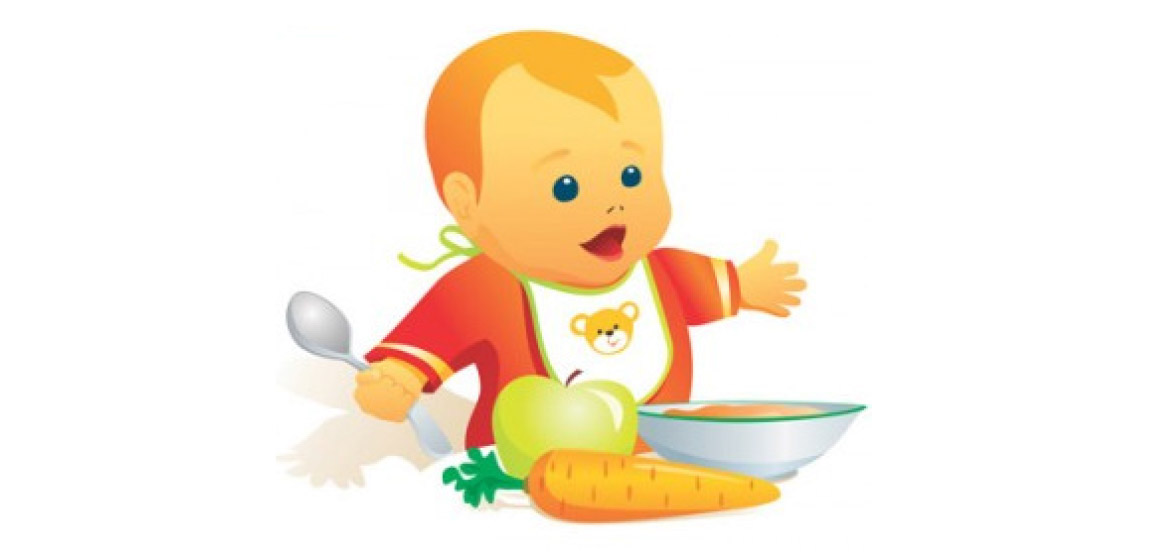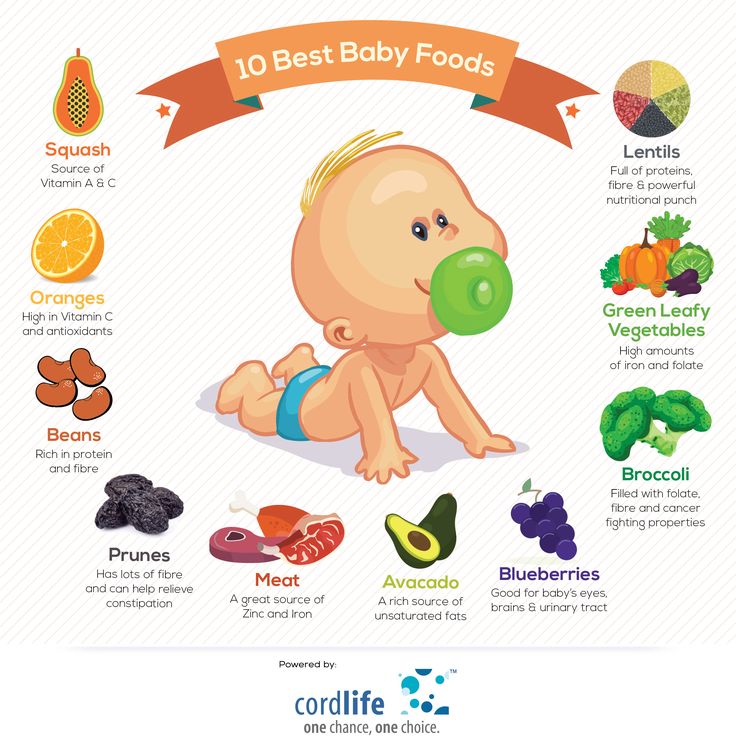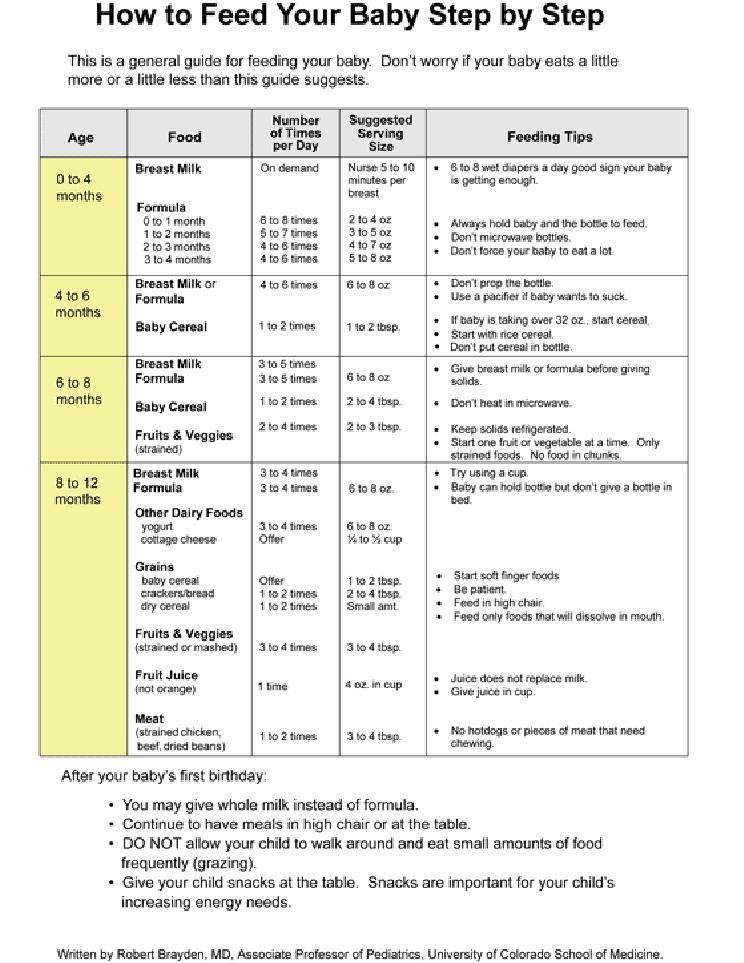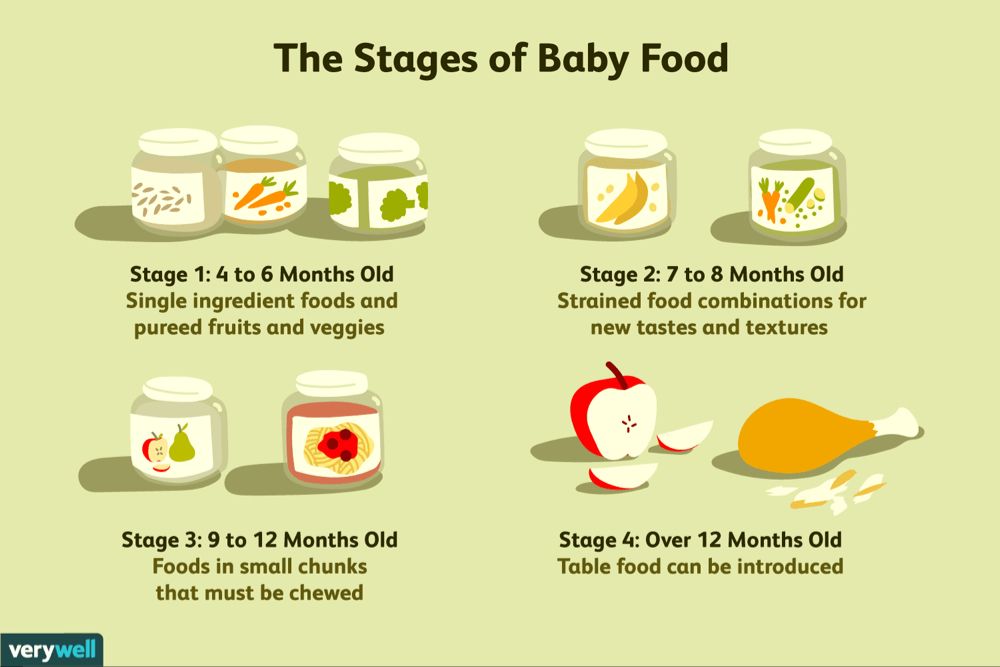Foods that cause constipation in breastfed babies
Constipation in Breastfed Babies: Symptoms, Causes, and Treatment
Breast milk is easy for babies to digest. In fact, it’s considered a natural laxative. So it’s rare for babies who are breastfed exclusively to have constipation.
But that doesn’t mean it can’t happen.
Every baby poops on a different schedule — even ones who only are fed breast milk. Read on to learn more about constipation in babies, including symptoms, causes, and how to treat it.
How can you tell if your baby’s constipated? It’s important to note that the frequency of bowel movements isn’t always an accurate indication of constipation. Neither is seeing your baby grunt or strain while having a movement.
Many babies look like they’re pushing when they’re having a bowel movement. That may be because babies use their abdominal muscles to help them pass stool. They also spend a lot of time on their backs, and without gravity to help them, they may have to work a little more to move their bowels.
Better indications of constipation in a breastfed baby are:
- firm, tight, distended belly
- hard, pebble-like stools
- crying while having a bowel movement
- not wanting to feed
- bloody stool that is hard (which may be caused by hard stool tearing some of the anal tissue as it passes)
For the most part, breastfed babies don’t experience constipation until solid foods are introduced, around the time they’re 6 months old. Some foods that may be constipating include:
- Rice cereal. Rice is binding, meaning it absorbs water in the gut, making stool hard to pass. Consider switching to oatmeal or barley cereal if your baby show signs of constipation.
- Cow’s milk. This is usually introduced at about a year.
- Bananas. This fruit is another common culprit of constipation in babies. You can try feeding it to your baby pureed with some water or 100-percent fruit juice mixed in.
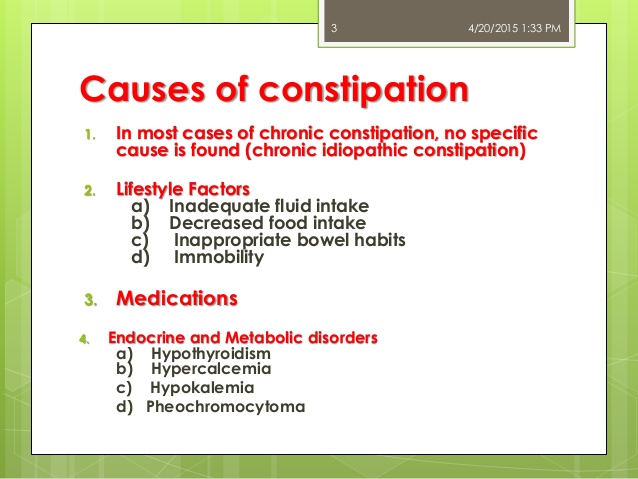
- A low-fiber diet. White pastas and breads are low-fiber foods. Without enough fiber, it may be harder for your baby to pass stools.
Other things that might produce constipation include:
- Not giving your child enough liquids. Always try to breastfeed your baby before offering solids. Liquid will help your baby pass their stools more easily.
- Stress. Travel, heat, a move — these can all be stressful to a baby and cause constipation.
- Sickness. Stomach bugs can cause vomiting and diarrhea, which can lead to dehydration and constipation. Even something like a common cold can decrease your child’s appetite and, because of nasal congestion, make it uncomfortable for them to nurse. Less liquid means more chance for constipation.
- Medical condition. A medical issue, such as having an abnormality in the digestive tract, may cause constipation, although this is rare.

A normal amount for a baby to poop varies by age, and, yes, the baby’s diet. Here’s a sample poop timeline for breastfed babies from Seattle Children’s Hospital:
| Days 1–4 | Your baby will poop about once a day. The color will change slightly from dark green/black to dark green/brown and it’ll become looser as your milk comes in. |
| Days 5–30 | Your baby will poop about 3 to 8 or more times day. The color will change slightly from dark green/black to dark green/brown and it’ll become looser and then more yellow as your milk comes in. |
| Months 1–6 | By the time they’re about a month old, babies are pretty good at absorbing all the breast milk they drink. As such, they may pass a few soft stools each day or just one soft stool every few days. Some babies don’t poop for up to two weeks, and that’s still considered normal. |
| Month 6–onward | As you start introducing solid foods to your baby (at about 6 months) and cow’s milk (at about 12 months), your baby may poop more frequently.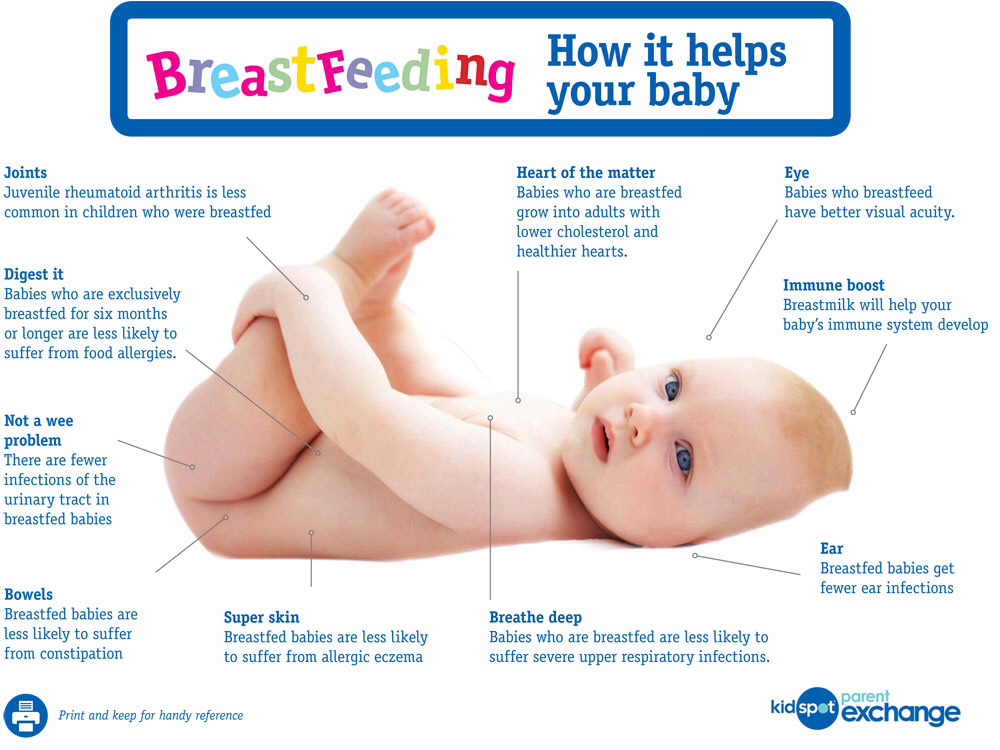 That’s because your baby’s digestive system is still immature and has to figure out how to digest all these new foods. On the flip side, your baby may now become constipated. Some foods are naturally constipating, and cow’s milk can be hard for even some mature digestive systems to handle. That’s because your baby’s digestive system is still immature and has to figure out how to digest all these new foods. On the flip side, your baby may now become constipated. Some foods are naturally constipating, and cow’s milk can be hard for even some mature digestive systems to handle. |
Here are some tips to prevent and treat constipation:
- Add more fiber to their diet if your baby’s started solid foods, Switch from rice cereal to barley, which has more fiber. When you start introducing fruits and vegetables, try high-fiber ones like pureed prunes and peas.
- Pump your baby’s legs back and forth as if they’re riding a bicycle. Also, put them on their tummies with some toys and encourage them to squirm and reach. Activity can encourage a bowel movement.
- Give your baby a tummy massage. With your hand just below the navel, gently massage your baby’s tummy in a circular motion for about a minute.
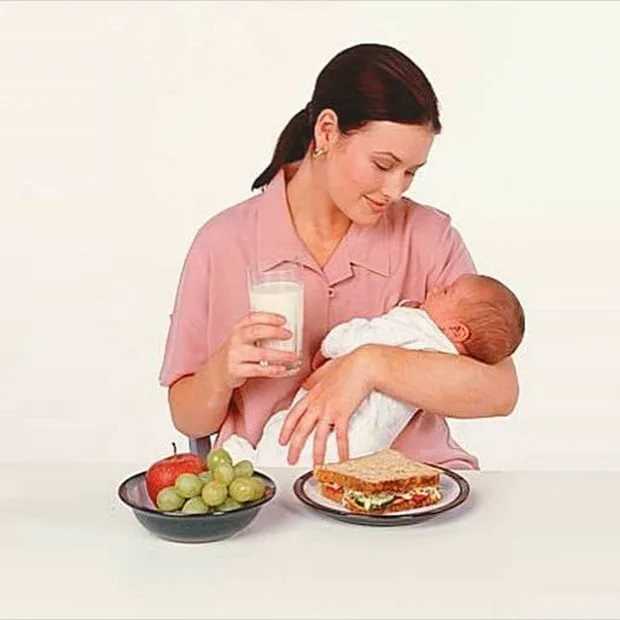
Can a nursing mother’s diet cause — or relieve — a baby’s constipation? The short answer is probably not.
According to a 2017 study of 145 women in the Korean Journal of Pediatrics, there are no foods a breastfeeding mom needs to avoid unless the baby has an obvious negative reaction to it.
Gas and fiber are not passed from mom to baby. Neither is the acid from acidic foods like citrus and tomatoes. A breastfeeding mom can have pretty much any food she wants in moderation.
According to La Leche League International, it’s not what or how much you eat or drink that stimulates your milk — it’s your baby’s ability to suck that gets the milk coming. Also, breast milk is made from what’s in your bloodstream, not your digestive tract.
Still, it’s important to eat a nutritious, well-balanced diet when you’re nursing, more for your own health and well-being than your baby’s.
Don’t hesitate to call a doctor if:
- these simple remedies for constipation don’t work
- your baby seems in distress
- your baby refuses to eat
- your baby has a fever
- your baby is vomiting
- your baby has a hard, swollen belly
Your doctor will examine your baby and may even order special tests, like an abdominal X-ray to check for intestinal blockages. You can ask your doctor about using suppositories and which ones are safe, though these are not often recommended or needed.
You can ask your doctor about using suppositories and which ones are safe, though these are not often recommended or needed.
Never give a baby a laxative or suppository without checking with a healthcare provider first.
Most breastfed babies don’t become constipated until they start solid foods. Even then, it’s not a sure thing. Simple diet and activity changes are often effective. But if the constipation continues, see your child’s doctor for medical advice.
Constipation in breastfeeding babies: Treatments and causes
Constipation is uncommon in infancy, particularly in breastfed babies, but it can happen. Breastfed babies tend to have fewer episodes of constipation and diarrhea than formula-fed babies because breast milk is easier than formula to digest.
In older children, constipation is common and accounts for about 3% of visits to pediatric outpatient clinics and up to 25% of visits to pediatric gastroenterologists.
A baby might be constipated if they are passing hard pebble-like stools or have a distended belly.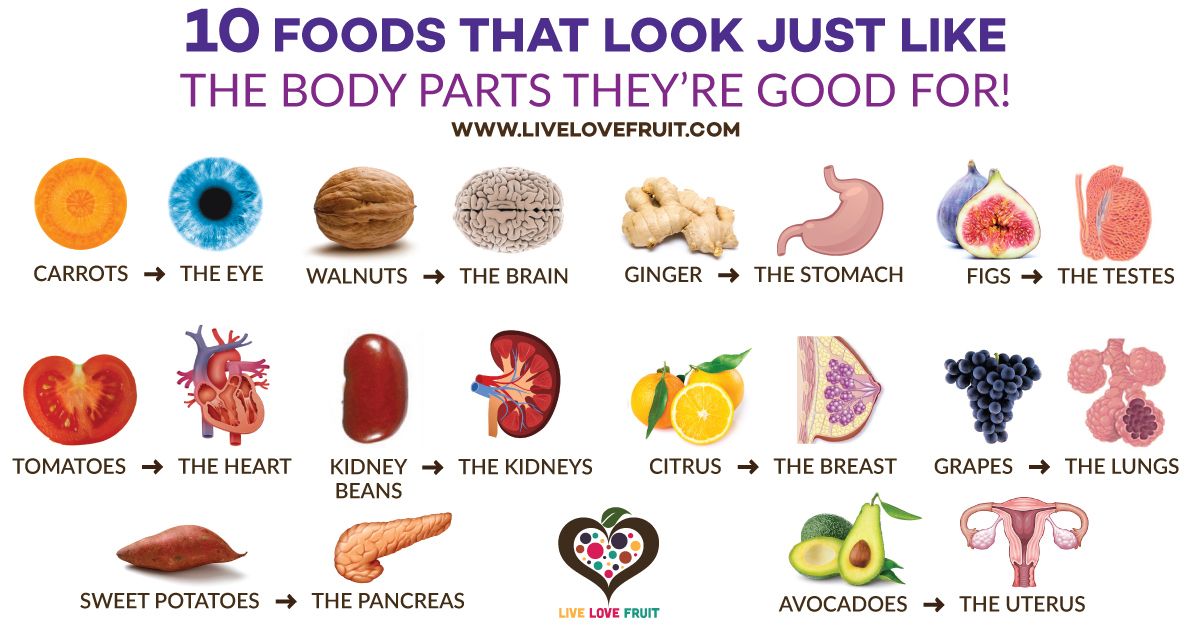 As every baby poops on their own schedule, the frequency of bowel movements is not always an accurate indicator of constipation.
As every baby poops on their own schedule, the frequency of bowel movements is not always an accurate indicator of constipation.
In this article, we examine the possible causes of constipation in breastfed babies. We also look at the symptoms of constipation in babies and the treatments and home remedies.
The American Academy of Pediatrics recommend that babies exclusively have breast milk until 6 months after birth. During this time, they advise not giving any additional foods or fluids to the baby unless a doctor recommends it. After the first 6 months, parents or caregivers can then introduce solid foods to the baby’s diet.
A parent or caregiver may notice changes in the baby’s bowel habits and the color and consistency of their stools if they decide to switch to infant formula or when they begin introducing solid foods.
A 2018 study examined the bowel habits of 83,019 newborn babies in Japan. According to the authors, most instances of constipation coincided with the transition from breastfeeding to infant formula, regardless of whether the woman gave birth vaginally or by cesarean delivery.
A baby may develop harder stools and constipation after starting solid foods. Certain foods, such as rice cereal and dairy milk, may cause constipation in babies younger than 1 year.
Other possible causes of constipation in breastfed babies include:
- Not having enough liquids. Liquids help stool pass through the bowels smoothly.
- Illness. Infections can cause a decrease in a baby’s appetite or lead to vomiting and diarrhea, which may result in dehydration and constipation. Medical conditions that affect the gastrointestinal (GI) tract, such as Hirschsprung disease, can cause constipation and other digestive symptoms.
- Withholding stool. Babies may purposefully avoid passing hard or painful stools —a behavior that doctors refer to as withholding. Babies who have diaper rash may also withhold to avoid pain.
- Stress. Exposure to new environments, traveling, or weather changes may be stressful for a baby.
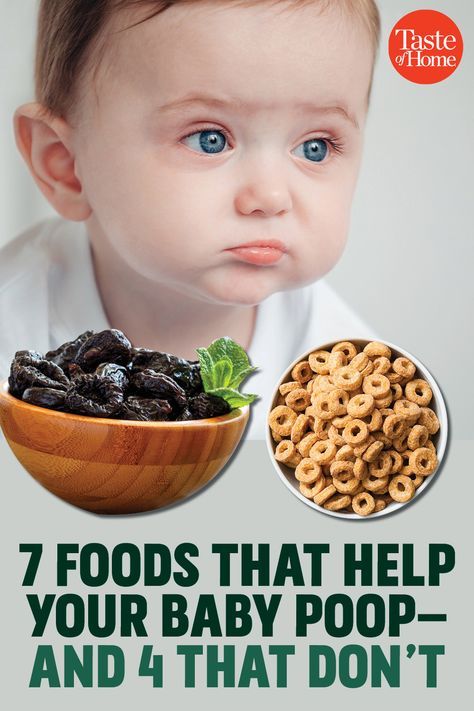 Stress can affect their physical health and may result in a change in stool frequency and possibly constipation.
Stress can affect their physical health and may result in a change in stool frequency and possibly constipation.
A woman who is breastfeeding may wonder how her diet affects her breast milk and whether her choice of foods can influence the baby’s digestive health.
According to the Centers for Disease Control and Prevention (CDC), women do not need to avoid specific foods while breastfeeding.
However, babies may appear to avoid feeding after a woman eats a particular food. In this case, the woman may wish to refrain from eating that food for a while and reintroduce it later.
Women may also want to limit or avoid caffeine while breastfeeding because small amounts of caffeine pass from the woman to the baby through breast milk.
Experts suggest that most women who breastfeed can safely ingest 300–500 milligrams of caffeine per day. Excessive amounts of coffee may lower the iron concentrations in breast milk, which may cause mild iron deficiency anemia in some babies.
Although most women do not need to restrict their diets while breastfeeding, they should aim to eat a nutritious and diverse diet.
Although changes in the frequency of a person’s bowel movements may indicate constipation in older children and adults, this is not necessarily the case for babies.
Newborn babies may have multiple bowel movements each day. According to the National Institute of Child Health and Human Development, from 3–6 weeks of age onward, breastfed babies may have only one bowel movement per week because breast milk leaves minimal solid waste to pass through the digestive tract.
Breastfed babies older than 6 weeks can go several days to a week between bowel movements.
Babies often show signs of straining, such as crying or getting red in the face, while having a bowel movement. However, straining does not necessarily mean that a baby has constipation. Babies may take a while to learn how to have bowel movements.
Symptoms of constipation in breastfed babies may include:
- being excessively fussy
- crying for prolonged periods
- refusing to feed
- having a hard, distended belly
- having rectal bleeding
- passing hard or bloody stools
- crying during a bowel movement
- experiencing weight loss or poor weight gain
Normal bowel habits vary from baby to baby. Parents and caregivers should monitor their baby’s bowel habits and take note of any changes. Doing this may help them decide when they need to take the baby to a doctor.
Parents and caregivers should monitor their baby’s bowel habits and take note of any changes. Doing this may help them decide when they need to take the baby to a doctor.
It is possible to treat constipation in breastfed babies at home using various remedies. However, constipation in exclusively breastfed babies is so uncommon that parents and caregivers may wish to speak to a pediatrician before trying home remedies.
Dietary changes
Dietary changes for a baby who is taking formula or foods other than breast milk may help relieve constipation. Breastfeeding women can also try eliminating foods that have an association with infant constipation, such as dairy, from their diet. However, changes to the woman’s diet may not affect the baby’s digestion.
Babies who eat solids may have difficulty digesting high fiber foods or dairy products if parents or caregivers introduce them too early.
High fiber foods may also help relieve constipation in babies who can tolerate most solid foods.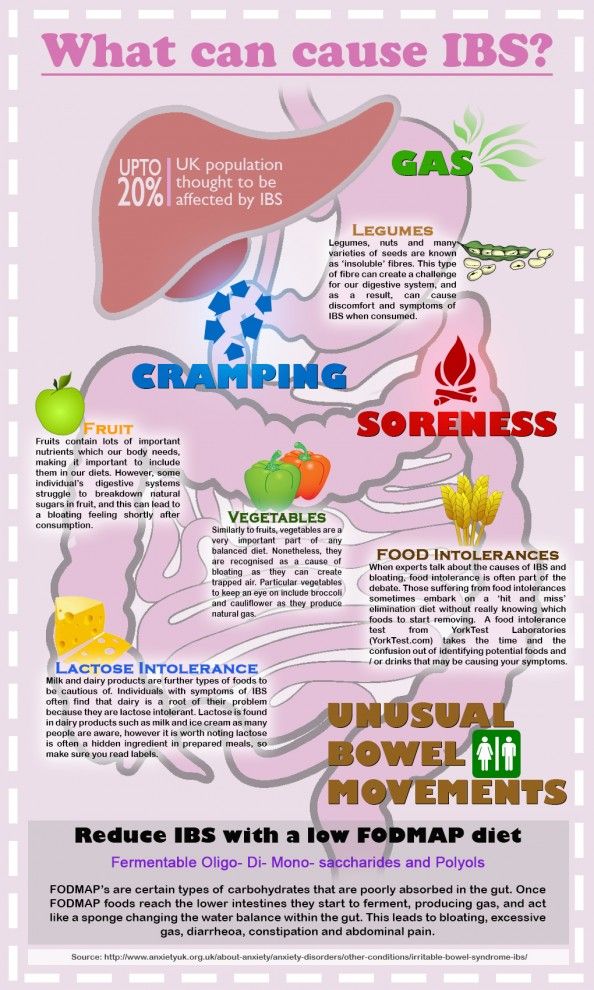 These foods include:
These foods include:
- whole grains, such as oatmeal or barley cereal
- skinless fruits
- broccoli
- peas
- pureed prunes
Liquids help move stools through the digestive tract. Increasing a baby’s fluid intake may also help relieve constipation.
Exercise
Exercise can stimulate a baby’s bowels and help them pass stools. However, babies who cannot walk or crawl will require a parent or caregiver to help them exercise.
Parents and caregivers can help relieve constipation by gently moving the baby’s legs in a bicycling motion with the baby lying on their back.
Putting a baby on its stomach to squirm, reach, and play with toys can also stimulate a bowel movement.
Massage
Parents and caregivers can gently massage a baby’s stomach to help try to relieve constipation.
Massage techniques to consider include:
- using the fingertips to make circular motions on the stomach
- gently bending the baby’s knees and pushing the feet toward the belly
- gently sweeping an open palm from the top of the baby’s ribcage down their stomach
Warm bath
A warm bath may help relax a baby’s abdominal muscles, which might make stools pass through the digestive tract more easily.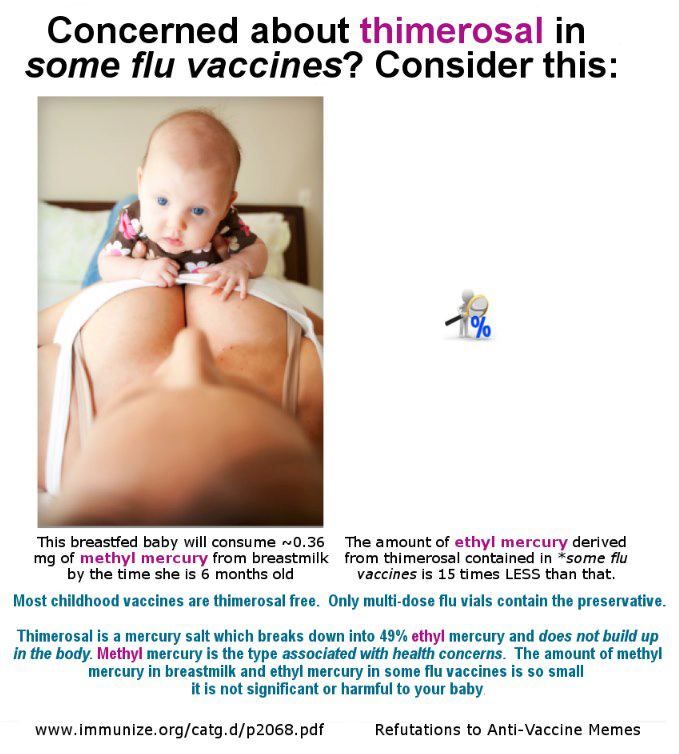
Parents and caregivers should speak with a doctor or pediatrician if their baby:
- appears distressed or in pain
- has a hard, distended belly
- passes bloody stools
- has rectal bleeding
- refuses to eat
- has a fever
- vomits
- loses weight or is unable to gain weight
- frequently struggles passing stools
A doctor can diagnose constipation in babies by reviewing their medical history and performing a physical exam. Rarely, a doctor may order additional laboratory tests, such as a stomach X-ray, to diagnose or rule out other conditions.
If home remedies and dietary changes do not relieve a baby’s constipation, a doctor might prescribe a mild laxative or suppository.
Parents and caregivers should never give these treatments to a baby without speaking to a trained healthcare professional first.
Constipation is not a common occurrence in breastfed babies. It usually happens as a result of changing to formula or starting solid foods.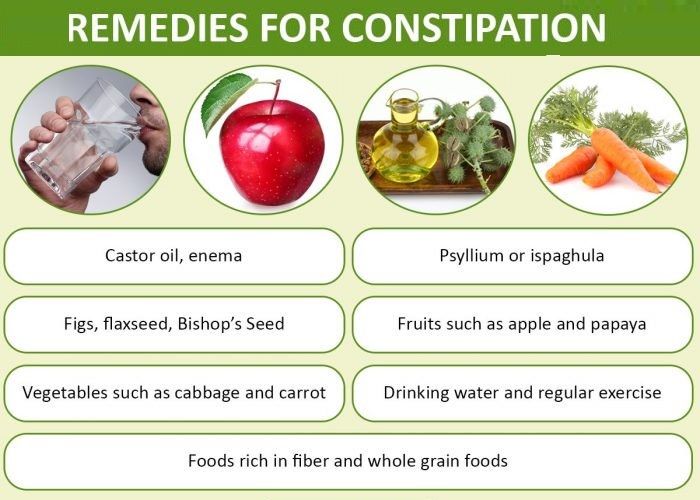
Having infrequent bowel movements is not always an indication that a baby is constipated. Constipated babies are likely to pass hard, pebble-like stools.
Home remedies may help relieve constipation in breastfed babies. If a parent or caregiver is concerned about their baby’s bowel movements and accompanying symptoms, they should take them to see a doctor.
Constipation in a baby - what to do, causes and symptoms of constipation in a baby
home
Articles
Constipation in infants: causes and treatment For this period (at least the first 6 months), breastfeeding is recommended, which is able to fully meet the needs of the infant until the introduction of complementary foods. However, for various reasons, breastfeeding can be replaced with artificial.
There have been many comparative studies of breastfeeding and artificial feeding. Most pediatricians still insist on breastfeeding the baby, but, as experience shows, it does not guarantee complete health, and even with breastfeeding, problems with the digestive system can be observed.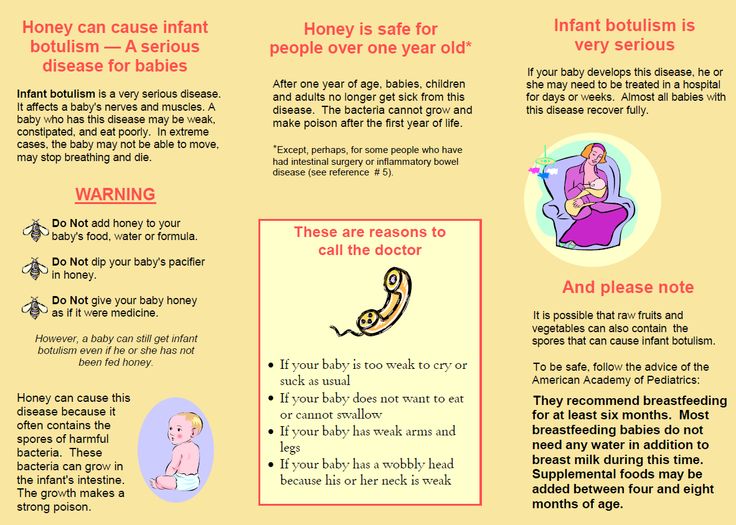 One of the most common problems parents face is constipation in babies. The causes of this condition can often be due to the physiological characteristics of the infant's digestive system, but are often pathological. Therefore, it is very important to pay attention to constipation in infants in time and consult a doctor.
One of the most common problems parents face is constipation in babies. The causes of this condition can often be due to the physiological characteristics of the infant's digestive system, but are often pathological. Therefore, it is very important to pay attention to constipation in infants in time and consult a doctor.
Further in the article, we will consider such issues as: the causes of constipation in infants, the treatment of constipation, as well as the symptoms and why constipation occurs with different types of feeding.
Causes of constipation in babies
Before listing the causes of constipation in infants, you should familiarize yourself with the features of the structure and functioning of its digestive system. This will help you better understand why a baby is constipated.
The first feature of the digestive system of infants is the small size of the stomach (in the first month of life its volume is about 100 ml, and then gradually increases) and its horizontal arrangement . Food in infants is delayed for about 2.5-3 hours, and with artificial feeding - a little longer. But the main feature that contributes to the development of such a problem as constipation in an infant is a long intestine and weak abdominal muscles.
Food in infants is delayed for about 2.5-3 hours, and with artificial feeding - a little longer. But the main feature that contributes to the development of such a problem as constipation in an infant is a long intestine and weak abdominal muscles.
So, normally, the frequency of stool in infants of the first year of life can coincide with the frequency of feeding (up to 6 times). With age, it decreases and by the time of the introduction of complementary foods it is approximately 2 times a day, and in children on artificial feeding - 1 time per day. Normally, babies have mushy feces.
Constipation is considered to be: if the interval between defecation acts in an infant increases, if the emptying is systematic, but insufficient, and the feces themselves are not mushy, but dense, fragmented.
It is customary to talk about constipation in children under 3 years old if the number of bowel movements is less than 6 times a week.
The most common causes of constipation in infants are as follows:
- Genetic predisposition.

- Perinatal encephalopathy, for example, as a result of hypoxia, or trauma (cerebral palsy).
- Incorrect daily routine and nutrition of a nursing mother.
- Violation of feeding and drinking regimen.
- Congenital pathology and developmental anomalies.
- Immaturity of the digestive system of the baby.
- Violation of intestinal microbiocenosis.
- Use of certain medications.
- Metabolic disorders.
- Diseases of the spinal cord.
- Grischsprung's disease, etc.
What causes constipation in babies with different types of feeding
Above were listed the main reasons why the baby has constipation. As you can see, such a problem can arise regardless of the type of feeding - constipation is often found in infants on breastfeeding, on mixed and even on completely artificial.
Constipation can occur during breastfeeding due to various causes, including:
- Excess consumption of animal fats by a nursing woman (butter, pork and other fatty meats) and lack of fermented milk products, dietary fiber in the diet.

- Underfeeding or overfeeding a child.
- Maternal hypogalactia.
- The presence of defects in the oral cavity of the baby, sluggish sucking, regurgitation.
- Dehydration (non-compliance with the drinking regime, fever, etc.).
- Lactose intolerance.
- Breastfeeding mother taking certain medications.
Very often there is constipation in infants on mixed feeding. The reasons for this may lie in the following:
- Mixture too thick.
- Incorrect mix.
- Non-compliance with the drinking regime, etc.
Very often, constipation develops after the introduction of complementary foods, especially if the first complementary foods were introduced abruptly and in large quantities.
What foods can cause constipation in babies? The development of constipation can provoke the introduction of cereals and solid foods, applesauce, pear puree, pasta, eggplant, fatty meats, eggs, caffeinated foods, etc.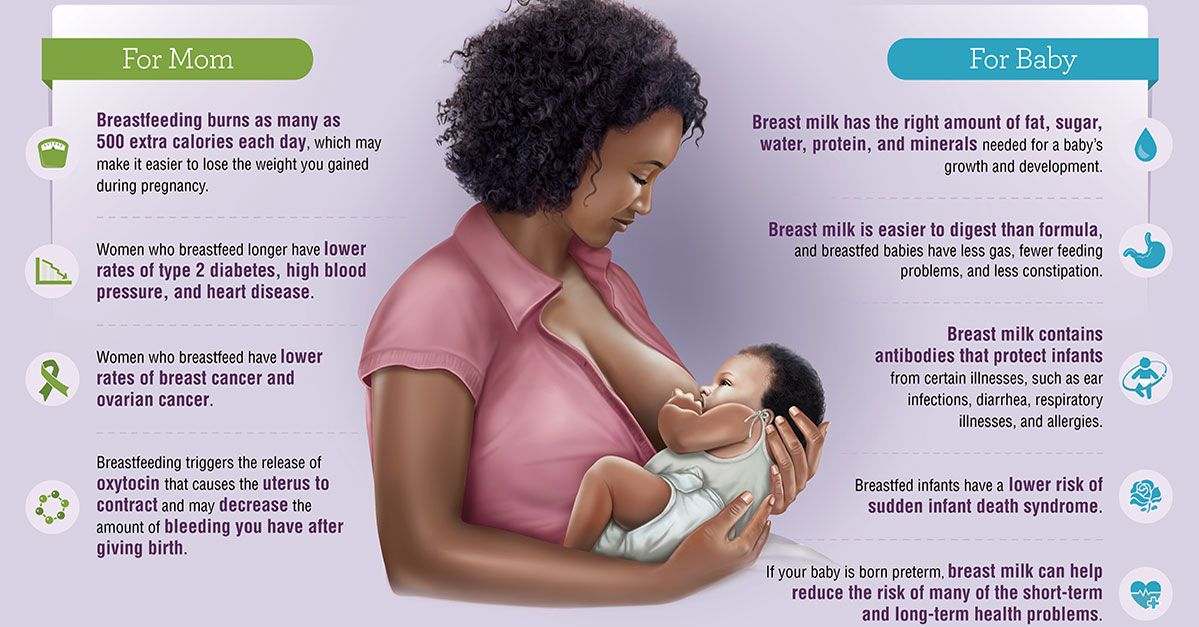 into the baby’s diet.
into the baby’s diet.
Symptoms of constipation in an infant
Constipation in a baby for a long time may not attract the attention of parents. First of all, this may be due to the lack of ideas about how many times a day a baby should have feces and what kind of character it should be. With a problem such as constipation in infants, the symptoms may be mild, and often accompanied by non-specific symptoms. So, when can you suspect constipation in the baby?
The symptoms of constipation are as follows:
- Decrease in the number of bowel movements (less than 6 times a week).
- The baby often cries for no apparent reason and pulls his legs up to his stomach;
- Stool formed, hard, fragmented, dry;
- The child is not gaining weight;
- Stone anointing.
- Rumbling in the abdomen, increased flatulence.
- Signs of inflammation or irritation around the anus.
- Sleep disturbance.
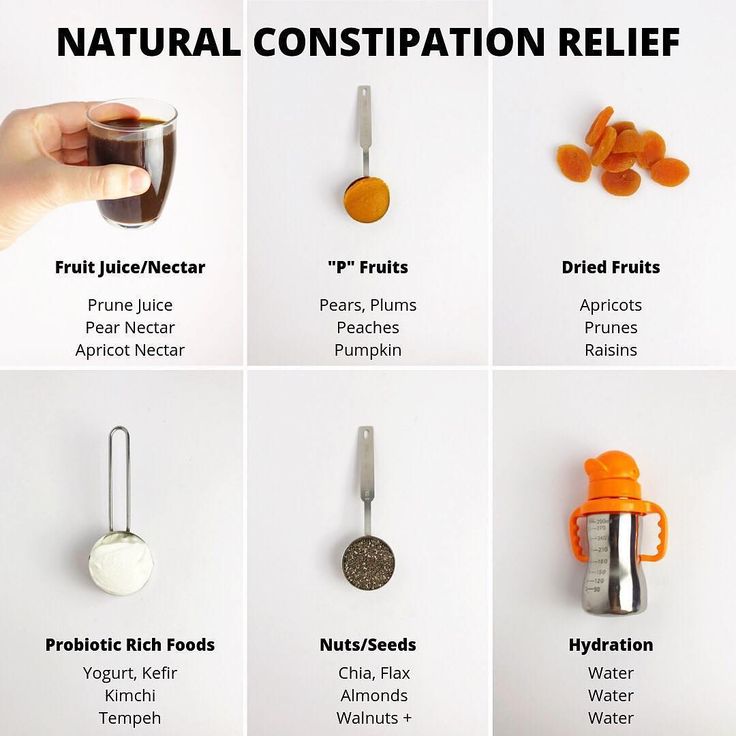
If defecation occurs less frequently than usual, but the child eats well, is not naughty, none of the above is observed, then the infant is most likely not constipated. But what if the baby is still constipated?
What should I do if my baby is constipated?
Many parents do not know what to do if the child has constipation, although they can recognize it on their own. First of all, it is necessary to review the diet of the baby and the nursing mother, exclude foods that contribute to constipation, adjust the frequency and volume of feedings, and establish a drinking regimen.
If this does not help, then you should definitely seek the advice of a pediatrician, and not treat constipation in infants on your own.
How and how to treat constipation in infants
Before treating constipation in infants, you should definitely consult a doctor, undergo the necessary examinations to exclude organic pathology.
So, how to treat constipation in infants? In most cases, constipation in infants is physiological, that is, due to the anatomical and physiological characteristics of the baby's digestive system, the nature of his feeding.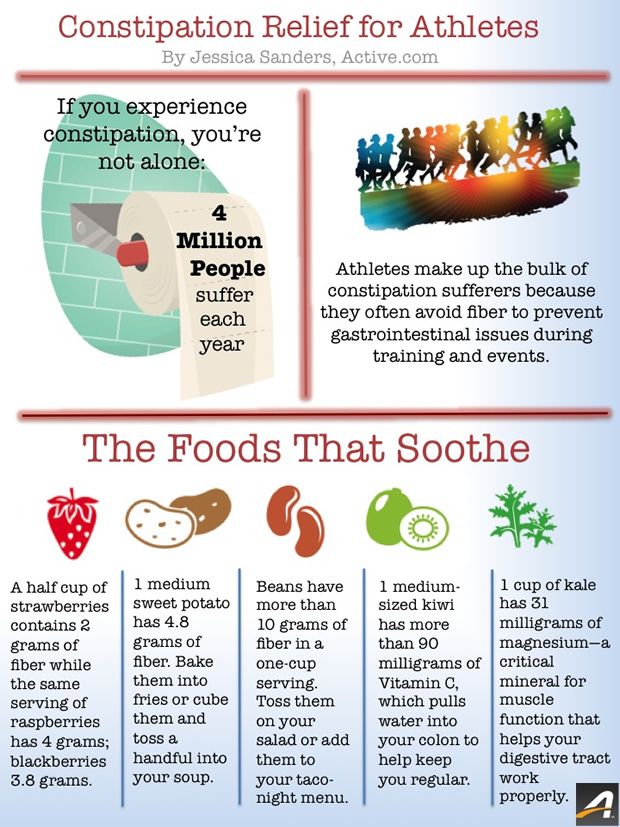 With this in mind, the treatment of constipation in infants is as follows:
With this in mind, the treatment of constipation in infants is as follows:
- Correction of the diet of a nursing woman and baby.
- Correction of the baby's drinking regimen.
- Prescription of probiotics.
- Appointment of a course of massage and gymnastics, which improve intestinal motility.
In the absence of effect and as directed by a doctor, osmotic and volumetric laxatives, as well as emollients, may be prescribed.
Power supply of a nursing mother for constipation in a child
Home
>
Learn more about constipation
>
BERMENSIC and nursing
>
Nutrition of a nursing mother with a constipation in a child
Content
Breast milk allows the baby to receive all the nutrients necessary for its growth and full development, and saves the mother from worrying about the correct selection of milk formulas, the temperature of the prepared baby food, etc.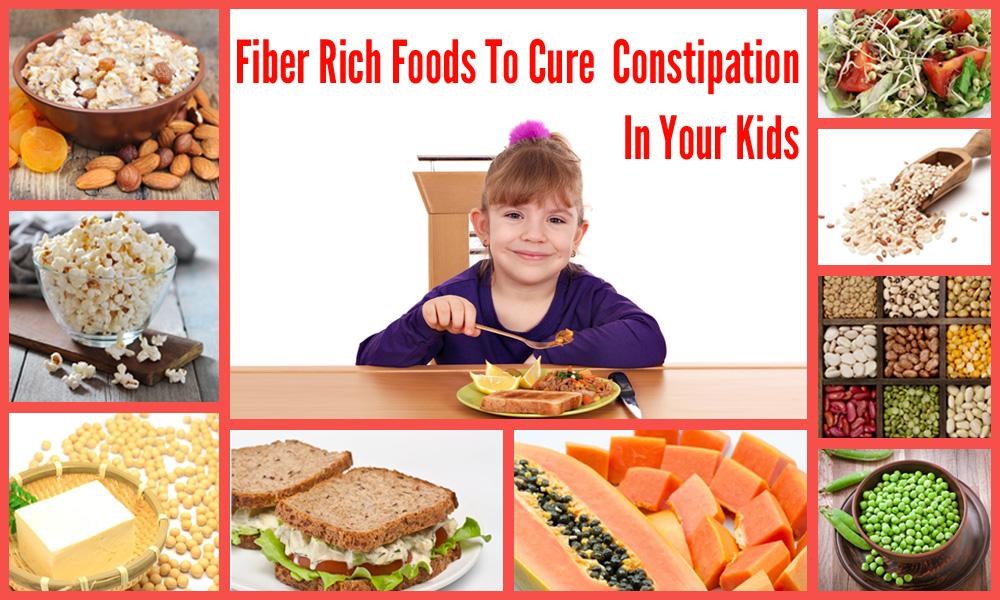 But there is a nuance in breastfeeding: the quality of the baby’s digestion directly depends from maternal diet. Therefore, quite often women turn to the doctor with the question of what to eat for the mother if the child has constipation, and how to normalize the stool of the newborn by correcting the diet of the mother.
But there is a nuance in breastfeeding: the quality of the baby’s digestion directly depends from maternal diet. Therefore, quite often women turn to the doctor with the question of what to eat for the mother if the child has constipation, and how to normalize the stool of the newborn by correcting the diet of the mother.
Classification of constipation in newborns and infants
Classification by course
Stool retention in children can have an acute and chronic course.
Acute course
Occurs once or occurs periodically, but with large intervals between episodes.
Chronic
In a chronic condition, this problem persists for a long period: symptoms of constipation are observed continuously for several weeks or months.
Types of constipation
In addition to classification by flow, constipation is divided into atonic and spastic.
Atonic
Peristalsis is sluggish and weak, and the excreted feces are dense and voluminous.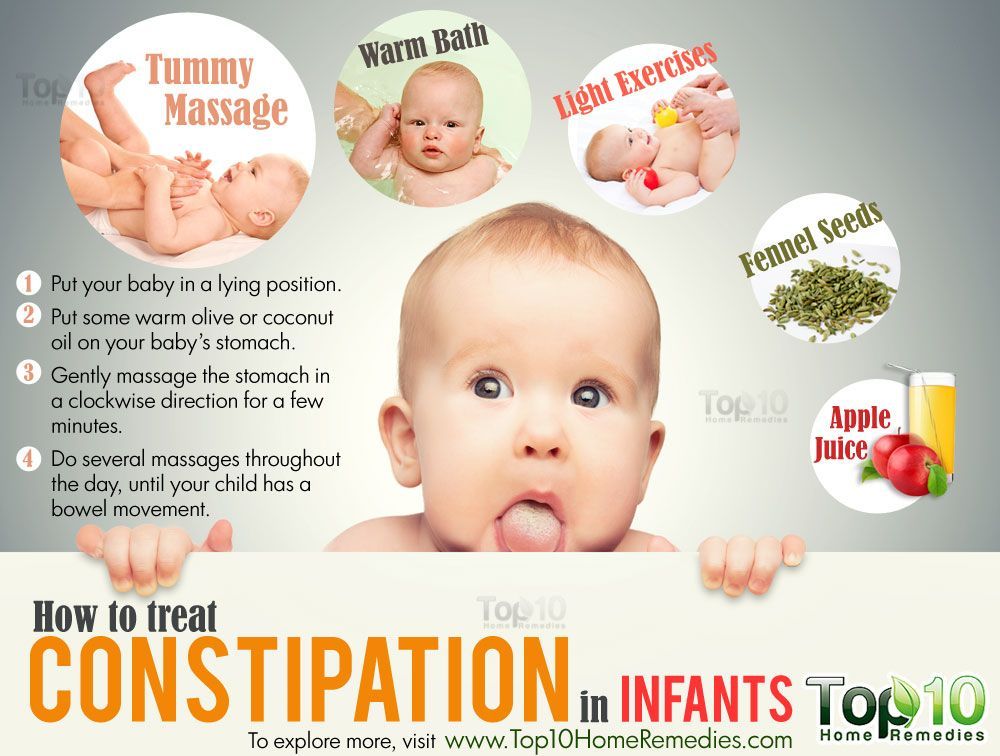
Spastic
In spastic constipation, there is excessive peristalsis in one of the sections of the intestine, which leads to a temporary "blockage" of feces and its difficulty in moving. Feces with spastic constipation are heterogeneous, divided into small, dry and hard lumps.
Causes of constipation in infants
The most common causes of constipation in infants are:
Improper maternal nutrition
Maternal nutrition for constipation in a breastfed infant should be considered first.
It is the mother's dietary disturbances that often lead to the child's stool retention. The diet of a nursing mother with constipation in a baby often includes foods that have a fixing property.
Features of the nervous system of the newborn
A kind of immaturity of the mechanisms responsible for innervation (that is, the supply of organs and tissues with nerves that ensure their connection with the central nervous system) of the intestine can cause constipation due to an insufficient response of receptors to irritation by fecal masses.
The mother takes medications
A number of medications necessary for the treatment of various diseases and conditions in a nursing mother give side effects in the form of a decrease in intestinal tone, slowing down peristalsis, etc. Therefore, when prescribing drug therapy, a woman should inform the doctor that that she is breastfeeding.
Importance of maternal nutrition in constipated infants
Nutrition of a nursing mother in constipated infants is much more important than it might seem at first glance. So, the lack of liquid in the diet leads to an increase in the fat content of milk, which can cause a delay in stool in a child. Consumption of a large amount of sweets and baked goods can change the chemical composition of milk. It also negatively affects the functions of the intestines in the baby. And the lack of plant products in the menu - vegetables and fruits, vegetable oils, etc. - reduces the amount of vitamins and minerals in breast milk, which can provoke not only constipation, but also other medical problems.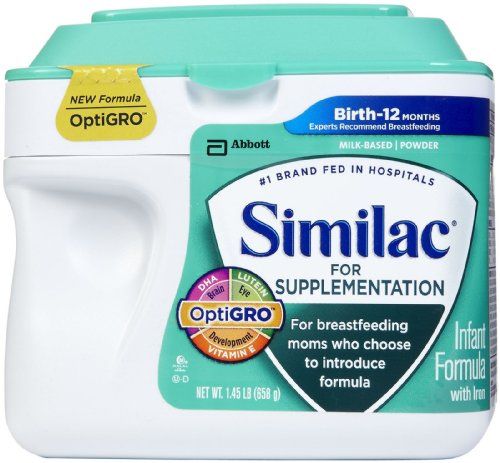
Recommended products
What to eat with constipation for a nursing mother, you can choose from the list of recommended products:
Cereals
Wheat, oatmeal, corn, buckwheat, whole grain bread, wholemeal or bran bread.
Vegetables
Beetroot, pumpkin, zucchini, cucumbers, cabbage, potatoes, tomatoes in the form of fresh or boiled vegetable salads, side dishes, independent dishes (soups, stews, casseroles, etc.).
Meat products
All types of lean meat boiled, baked or stewed, soups in weak broths.
Dried fruits
Dried apricots and prunes are the best laxative foods but should be limited to 3-5 pieces. per day, as if consumed in excess, they can cause diarrhea.
Foods not recommended
The presence in the diet of foods with a laxative effect and rich in fiber is not the only condition that the diet requires for constipation in infants.
It is equally important to exclude products that have a fixing effect from the mother's menu.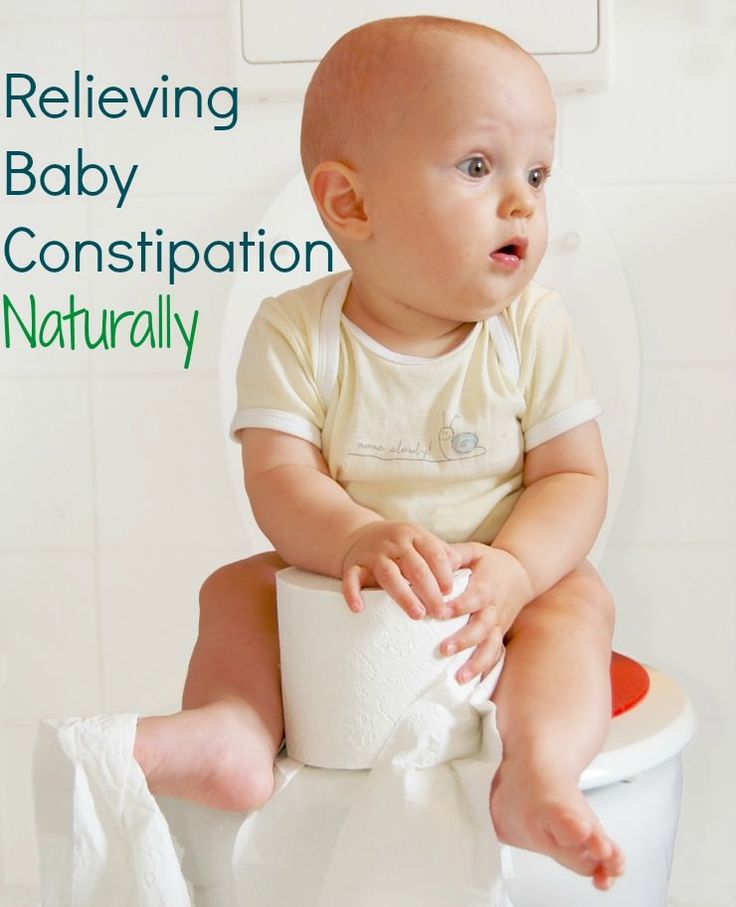 These include rice, semolina, pasta, muffins, sweets, pears, pomegranates, strong brewed tea, coffee, cocoa, chocolate.
These include rice, semolina, pasta, muffins, sweets, pears, pomegranates, strong brewed tea, coffee, cocoa, chocolate.
If constipation in a baby is accompanied by intestinal colic and increased gas formation, all legumes should also be excluded from the diet, and vegetables and fruits from the recommended list should be consumed only in processed form (soups, mashed potatoes, stews, etc.).
Laxative products during breastfeeding should also be limited if the baby has unstable stools - alternating constipation and diarrhea.
Maternal and child feeding rules to avoid constipation
Maternal nutrition in constipated infants is of great importance. But the diet and food hygiene mean no less: they help eliminate a number of factors that have an undesirable effect on the mother's body and, as a result, on the quality of breast milk.
Observe the hours of eating and feeding
A clear regimen will make mom's digestion more efficient and therefore improve nutrient absorption.
And eating small meals 4-5 times a day will ensure an even supply of nutrients to the milk. Feeding the baby should be based on the same principle. Teach him to eat at strictly allotted hours according to his age - a "disciplined" digestive system is much less prone to constipation.
Take care of feeding hygiene
In addition to traditional hygiene procedures before feeding (washing hands, wiping the nipple and areola), it is necessary to ensure that the child correctly grasps the nipple.
When sucking, he should not swallow air - this can provoke disturbances in the digestive tract. To ensure better hygiene and to make the mother feel more confident during breastfeeding, we recommend using JOHNSON’S® Baby breast pads.
MICROLAX® has prepared a visual material especially for mothers of babies prone to constipation:
Menu for a nursing mother for several days
If the baby has constipation, what should the mother eat and in what quantities? Here is the approximate composition of the diet for two days:
Monday
Tuesday
Further, your diet should be built similarly to this example, taking into account the recommended and undesirable products.



